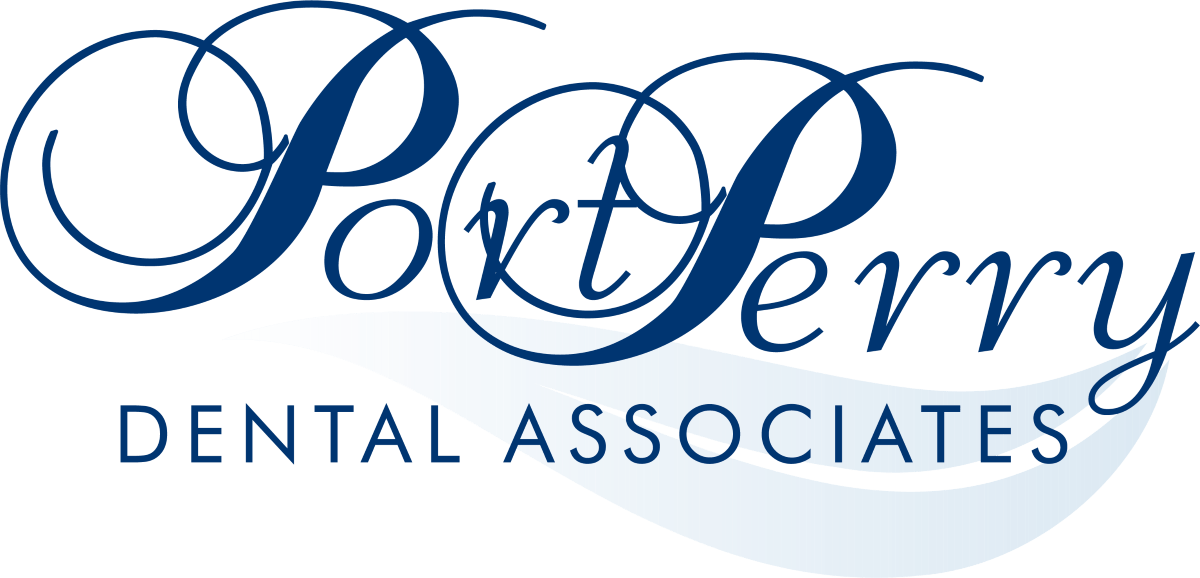What You Need to Know About Emergency Dental Care, Dental Emergencies, and Emergency Dentists
Dental emergencies can be distressing, painful, and unexpected. Knowing how to respond to a dental emergency and when to seek immediate dental care is crucial for preserving your oral health. In this guide, we will explore what constitutes a dental emergency, what to do in case of one, and the role of emergency dentists.

Understanding Dental Emergencies
Dental emergencies encompass a range of urgent oral health issues that require immediate attention from a dental professional. These emergencies can result from accidents, injuries, infections, or other sudden developments. Some common dental emergencies include:
- Severe Toothache: An intense, persistent toothache could indicate an underlying issue such as a dental abscess or a cracked tooth.
- Knocked-Out Tooth: A knocked-out (avulsed) tooth, if handled correctly and promptly, may be re-implanted successfully.
- Broken or Chipped Tooth: Trauma or injury can cause teeth to break or chip, potentially exposing the pulp and nerves.
- Loose or Dislodged Tooth: A loose or partially dislodged tooth should be addressed immediately to prevent further damage.
- Lost Dental Restoration: If a crown, filling, or dental bridge comes loose or falls out, it may expose sensitive tooth structures.
- Dental Abscess: An abscess is a painful infection characterized by swelling, pus, and inflammation in the gum or tooth.
- Bleeding Gums: Uncontrolled gum bleeding could be a sign of gum disease or other underlying issues.
- Injuries to Soft Tissues: Cuts, lacerations, or puncture wounds to the lips, cheeks, tongue, or other soft tissues in the mouth can be considered dental emergencies.
What to Do in a Dental Emergency
Prompt action is crucial in a dental emergency. Here are the steps to take when faced with a dental crisis:
- Contact an Emergency Dentist: Immediately get in touch with an emergency dentist or your regular dentist if they provide emergency services. Explain the situation and follow their guidance.
- Manage Pain: To alleviate pain, rinse your mouth gently with warm water, apply a cold compress to the affected area (if there’s swelling), and consider taking over-the-counter pain relievers as directed.
- Handle a Knocked-Out Tooth: If a tooth is knocked out, hold it by the crown (top) and rinse it gently without scrubbing. Try to re-implant it into the socket if possible, or store it in milk or a tooth preservation product and seek dental care immediately.
- Address Bleeding: If there’s bleeding from the mouth, apply gentle pressure with a clean cloth or gauze to control the bleeding.
- Save Dental Restorations: If a dental restoration (crown, filling) comes out, save it and bring it to the dentist. You can use over-the-counter dental cement or temporary dental adhesive to reattach it temporarily.
- Avoid Home Remedies: Avoid attempting DIY dental procedures or using sharp objects to manipulate teeth or tissues, as this can lead to further damage or infection.
- Stay Calm: Dental emergencies can be stressful, but staying calm and acting promptly can make a significant difference in the outcome.
The Role of Emergency Dentists
Emergency dentists are dental professionals who specialize in providing immediate care for dental emergencies outside regular office hours. They are equipped to handle a wide range of dental issues, from severe toothaches to facial trauma. When visiting an emergency dentist:
- Expect a thorough examination and assessment of your condition.
- The dentist teeth griding will determine the appropriate treatment, which may include pain management, dental restorations, antibiotics for infections, or other interventions.
- Follow-up care and additional dental work may be necessary after the initial emergency treatment.
Preventing Dental Emergencies
While dental emergencies can be unpredictable, you can reduce the risk of some by maintaining good oral hygiene, wearing protective gear during sports or activities that carry a risk of dental injury, and avoiding habits like chewing on hard objects or ice.

Take-Home Lesson
Being prepared and knowing how to respond to dental emergencies is essential for protecting your oral health and well-being. Dental emergencies can happen to anyone, but with quick action and the assistance of an emergency dentist in Port Perry, you can often prevent further damage and ensure the best possible outcome for your dental crisis.
Regular dental check-ups also play a vital role in identifying and addressing potential issues before they become emergencies, so don’t neglect your routine dental care.
